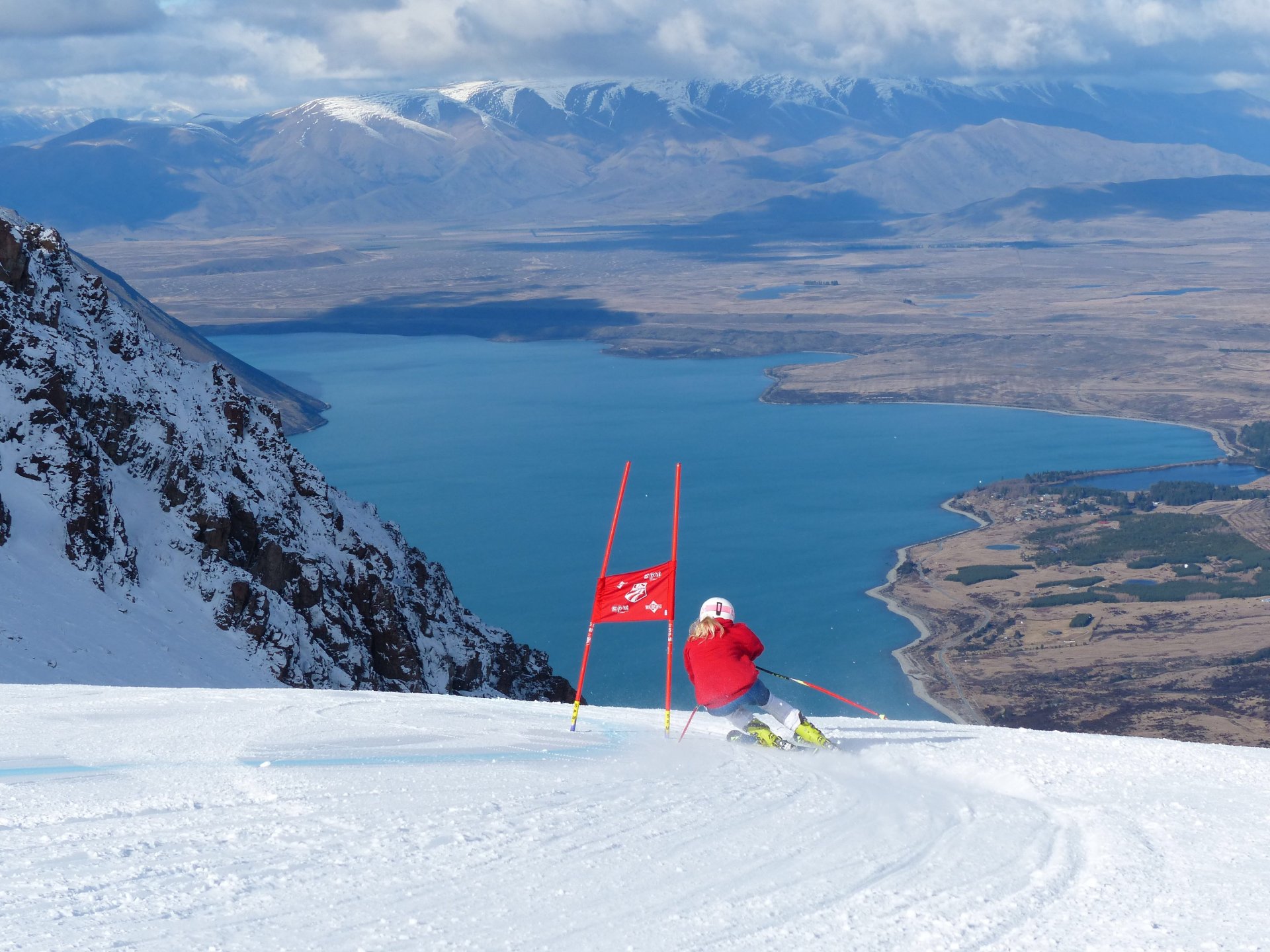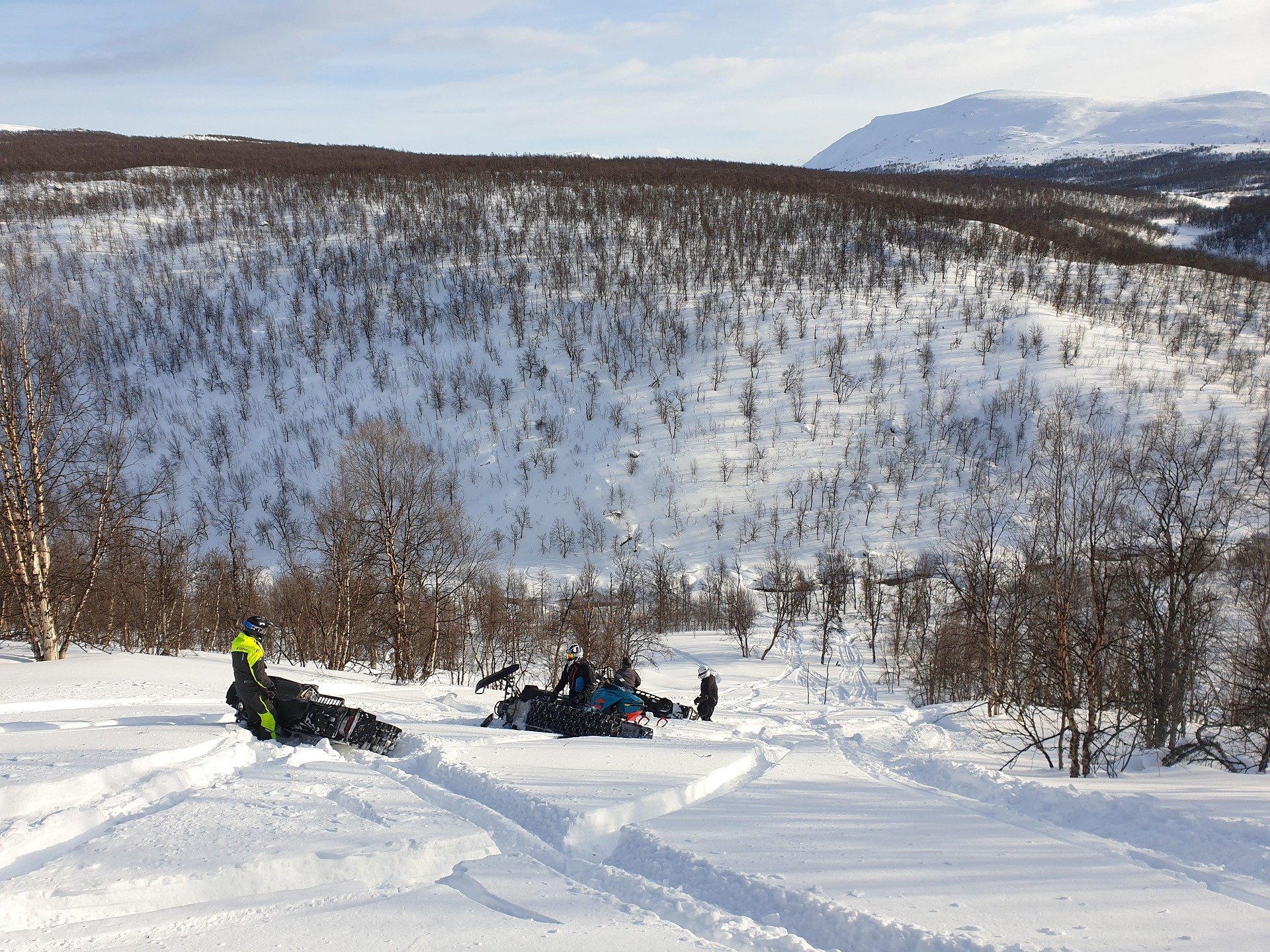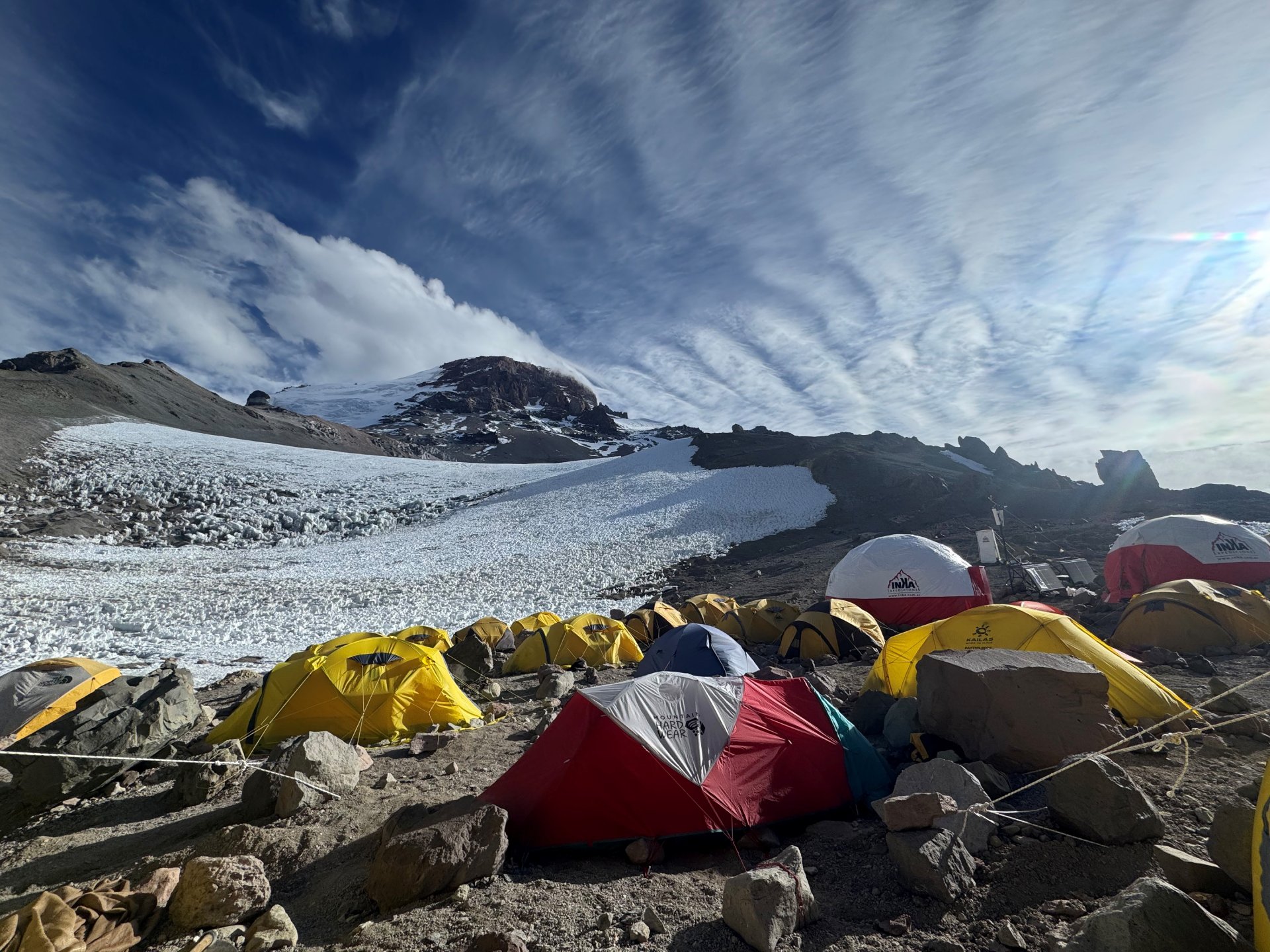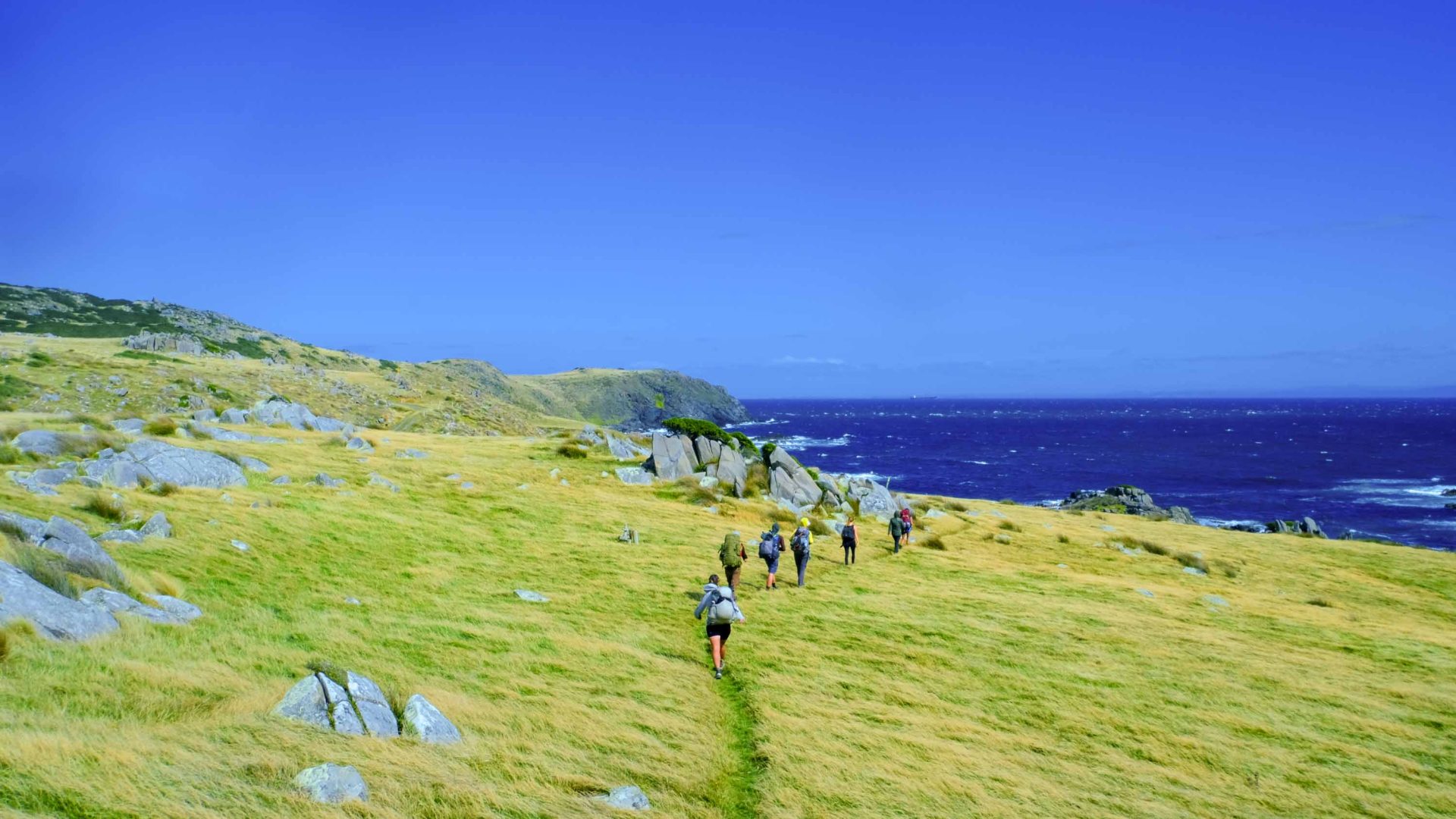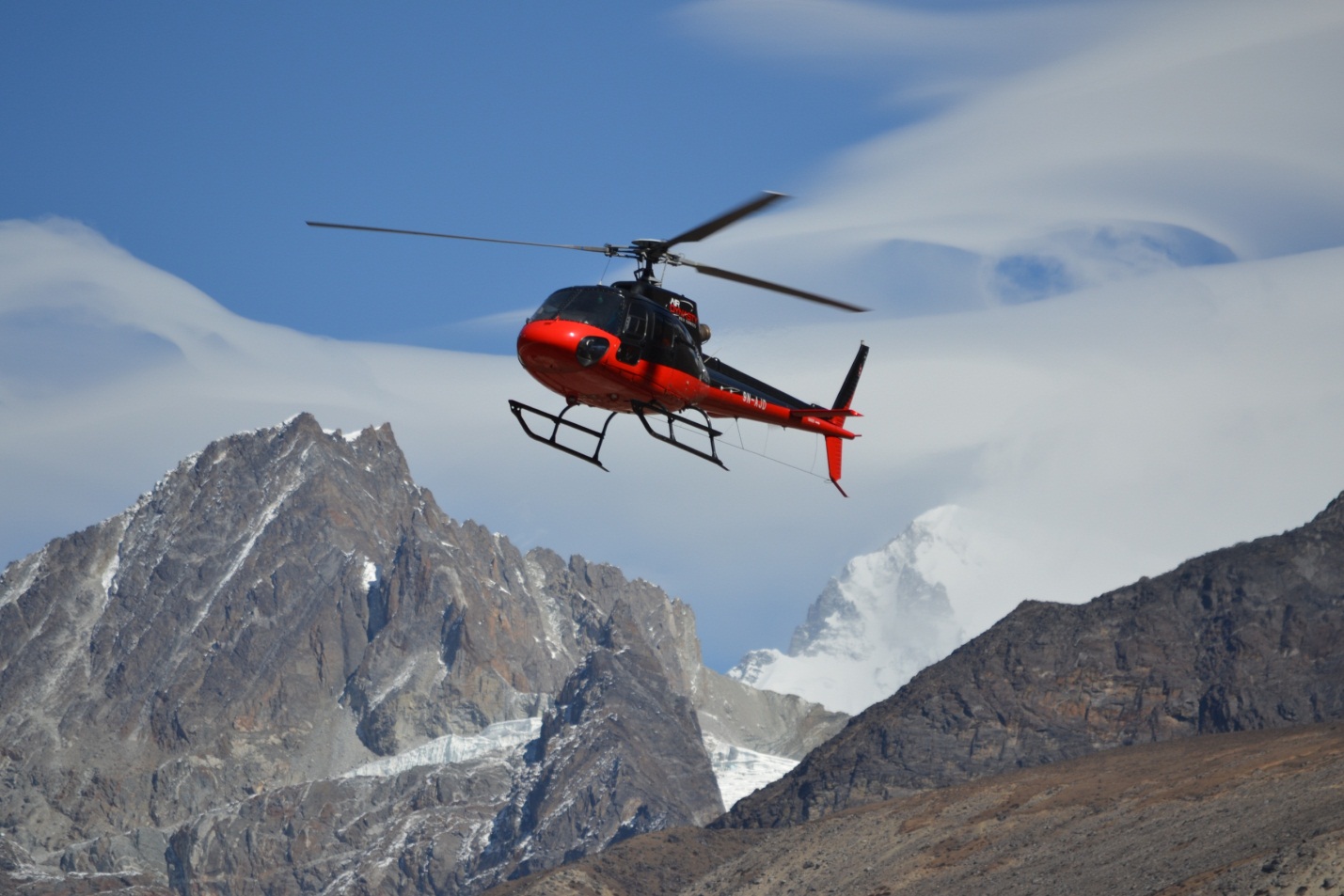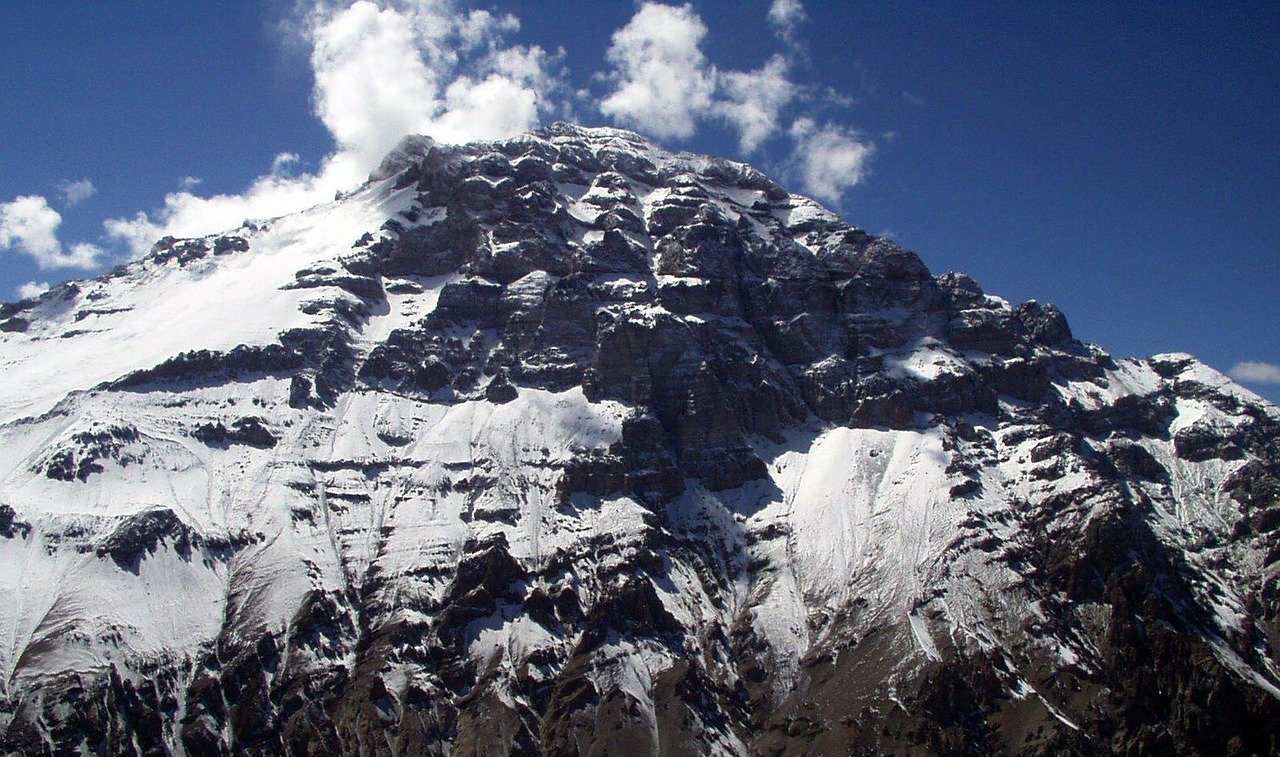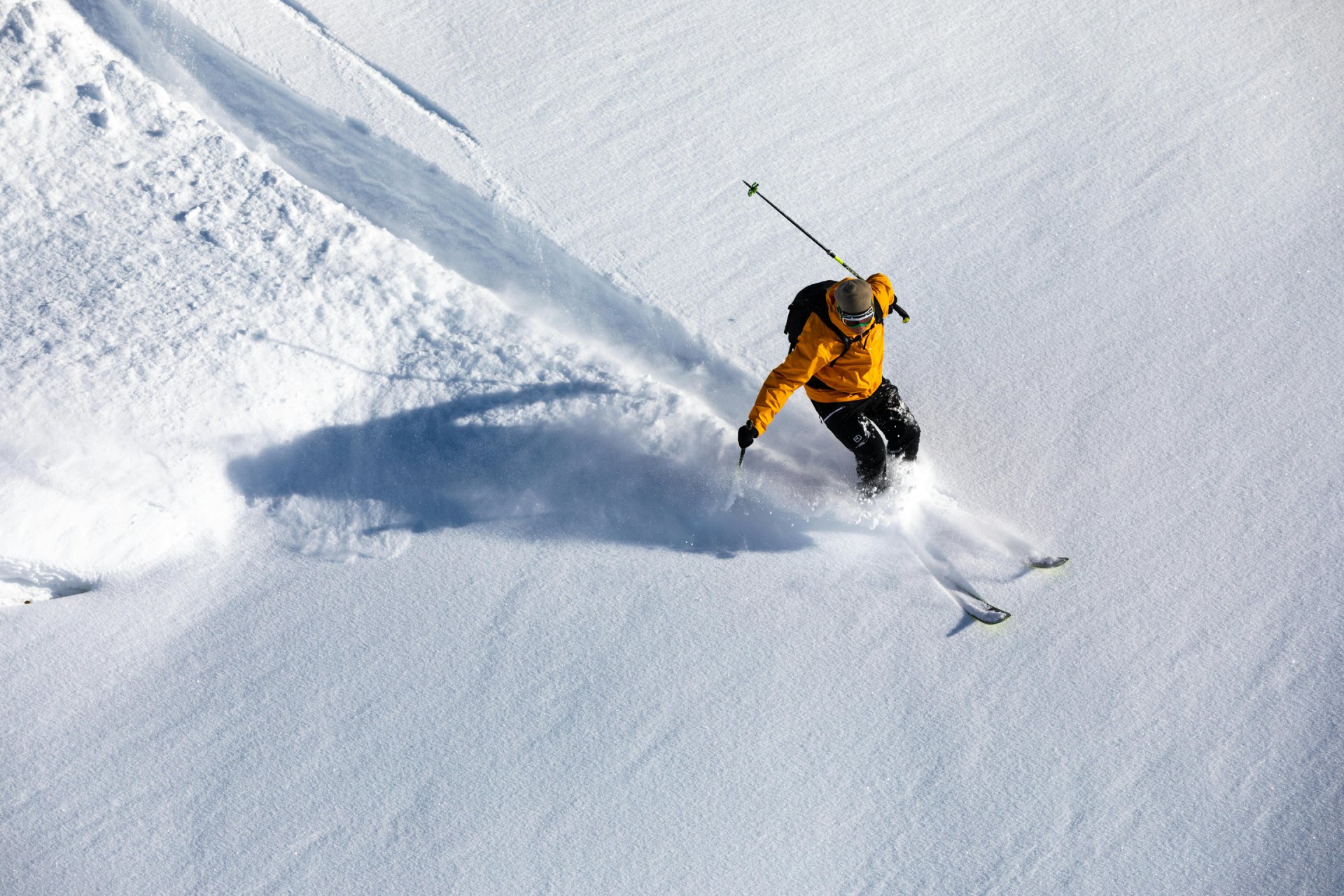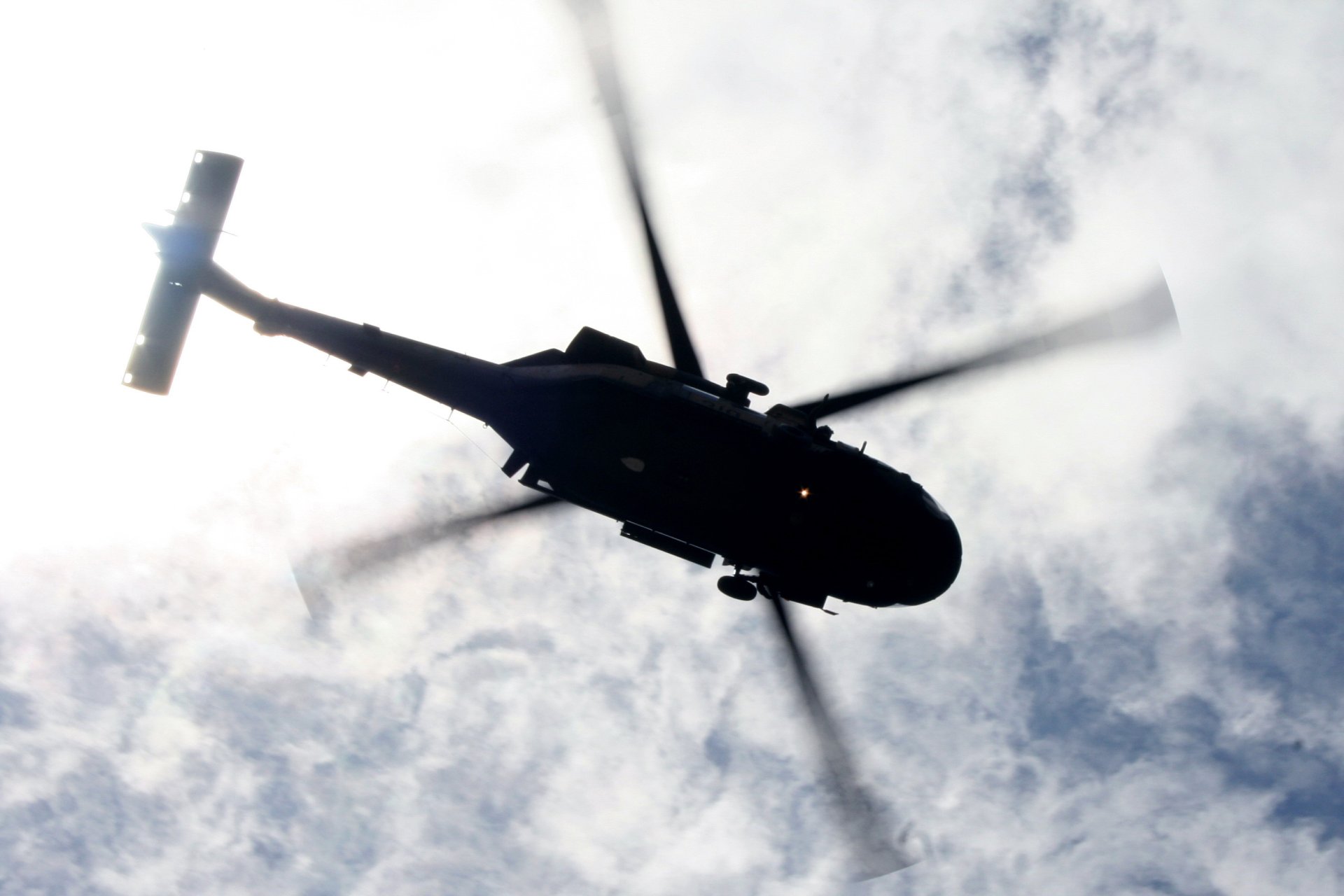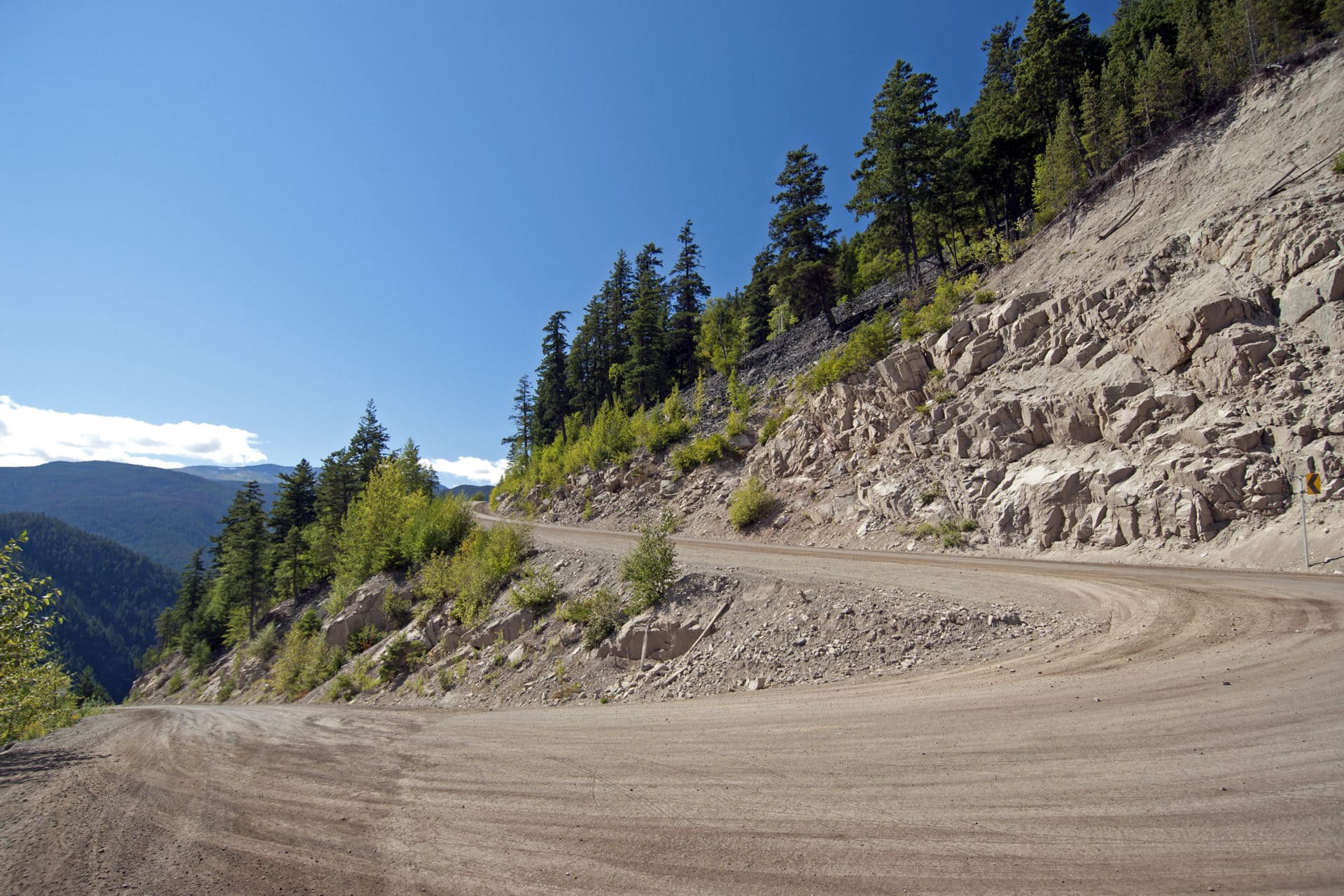Article Highlights
- Global Rescue conducted successful high-altitude evacuations from Mount Kilimanjaro and Lenin Peak due to severe altitude-related illnesses, including HAPE.
- We provided urgent medical assistance to members in remote locations, including a skier in Chile and a student in Madagascar, showcasing Global Rescue’s swift response capabilities.
- With 20 years of service and counting, Global Rescue is committed to the health and safety of our members worldwide, regardless of challenging circumstances.
In Issue 49 of Global Rescue’s Mission Briefs, a selection of recent cases underscores Global Rescue’s commitment to providing timely medical assistance in challenging environments. This issue highlights several notable incidents, including evacuations from high-altitude locations like Mount Kilimanjaro and Lenin Peak, where members experienced severe altitude-related illnesses. Other cases involved urgent medical transport for a college student in Madagascar and an injured skier in Chile.
Each of these operations demonstrates Global Rescue’s swift response capabilities and its dedication to ensuring the health and safety of its members, regardless of the circumstances. For 20 years, Global Rescue has answered, and continues to answer, the needs of travelers at home and abroad without any disruption of service.
In a typical 30-day period, Global Rescue executes hundreds of operations in dozens of countries, addressing a variety of emergencies faced by its members around the world. Below are highlights from some of our most recent operations in various locations.
Ski Accident in El Colorado, Chile
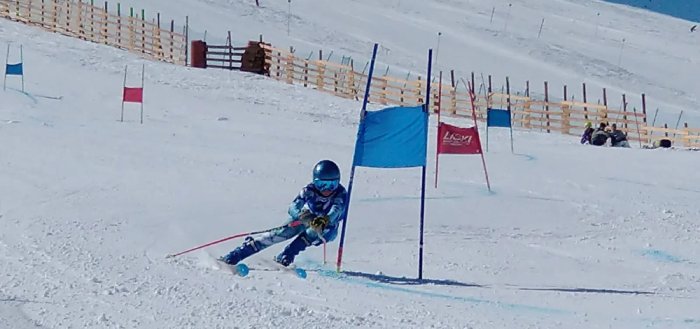
A U.S. skier suffered an accident while training in El Colorado, Lo Barnachea, Chile. Her coach contacted Global Rescue to report that the high school skier sustained a leg injury, was conscious, in pain and did not appear to have any head injuries. The treating physician diagnosed her with a broken right leg that could be managed with an open cast. Global Rescue physicians concurred that the skier could travel without an escort from Santiago, Chile, to her home state in Michigan, provided she was pain-free, had parental consent, kept her leg elevated, used crutches and took a simple blood thinner. Global Rescue approved a commercial business class flight from Santiago, Chile, to Detroit. She arrived safely and proceeded directly to Corewell Health William Beaumont University Hospital for a scheduled consultation with an orthopedic surgeon.
HAPE on Kilimanjaro
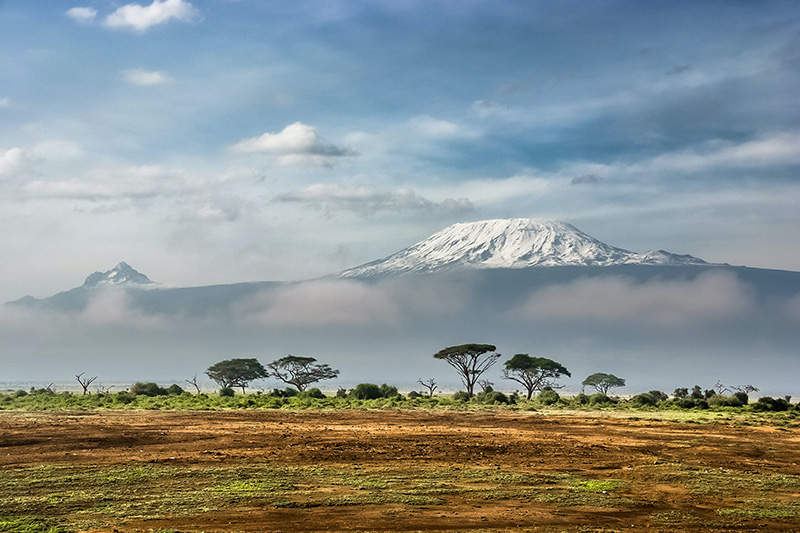
An American member needed evacuation from Mount Kilimanjaro after experiencing severe symptoms, including headache, dizziness, cough, chest pain and shortness of breath. After arriving at Karanga Camp, a medical assessment revealed low oxygen saturation (62%) and lung crackles, indicating HAPE. Due to the severity of his condition, Global Rescue authorized a field rescue to transport the member to a hospital in Moshi, Tanzania. The evacuation was conducted safely and without incident. The member was diagnosed with HAPE and discharged with instructions to seek further medical attention if symptoms did not improve.
Rescue from Kyrgyzstan
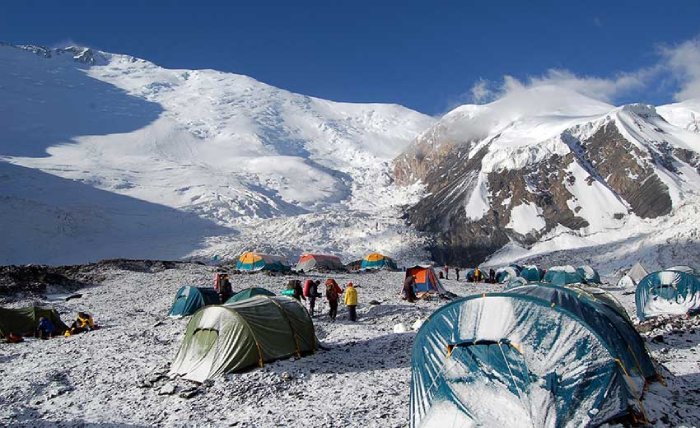
A member from Singapore was showing signs of high-altitude sickness while climbing Lenin Peak in Kyrgyzstan. Global Rescue medical operations personnel were notified and given the risk of HACE, we initiated an airborne field rescue. The member was safely transported to a hospital where he was admitted and later diagnosed with chronic bronchial disease in exacerbation. He was hospitalized for five days after which he was cleared to fly commercially and discharged.
Despite Descending, Her Conditioned Worsened
A U.S. member climbing Mount Kilimanjaro began suffering from shortness of breath at an altitude of 17,486 feet/5,330 meters. She descended 2,000 feet/609 meters with her group, but her symptoms worsened, leading to nausea, vomiting, severe weakness, tachycardia and oxygen desaturation. Global Rescue recognized the urgency of her condition and authorized a field rescue to transport the woman to a hospital in Moshi. Upon arrival, she was diagnosed with HAPE and received treatment. Her condition improved significantly, and she was discharged.
Student Faints in Madagascar

A U.S. college student and Global Rescue member was walking in the field of Salary, Madagascar, when she experienced a syncopal episode, an unexpected fainting spell due to a sudden, temporary drop in blood pressure or heart rate that can lead to a temporary loss of consciousness. She regained consciousness but, according to her tour leader and professor who contacted Global Rescue medical operations, the student later showed symptoms of nausea, vomiting and diarrhea, with blood in her stool. Despite receiving treatment at a medical clinic, the student’s condition did not improve. Global Rescue physicians determined that an evacuation to a hospital capable of a higher level of care was necessary and we initiated an ambulance ground transport. The student was successfully transported and, following treatment, was discharged from the hospital requiring no further assistance from Global Rescue.
Bad Fall in Concordia
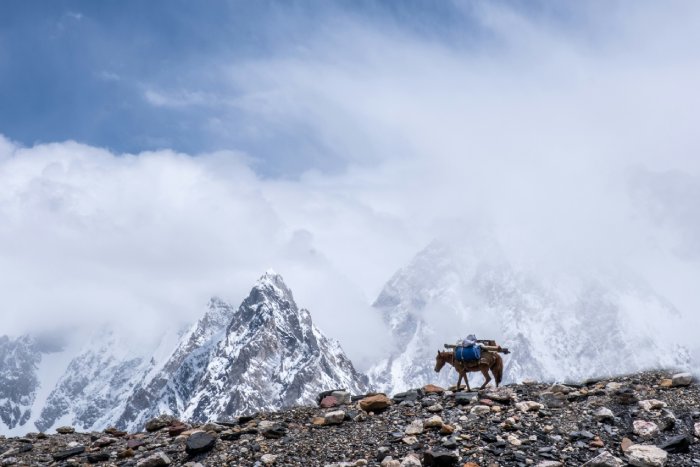
An Ecuadorian member contacted Global Rescue requesting field rescue from Concordia Camp in Baltoro Glacier in Pakistan after falling approximately 16 feet/5 meters the previous day when he landed on his left arm. He reported severe swelling and pain and, despite taking ibuprofen, his discomfort persisted and stated that hiking with a prosthesis exacerbated the injury. Given the severity of the injury, Global Rescue medical operations initiated an airborne field rescue. They successfully transported the man to a hospital in Skardu where doctors diagnosed him with a fracture.
HAPE on K2
A 48-year-old woman from Singapore reached out to Global Rescue medical operations while at Concordia Camp (15390 feet/4,691 meters) on K2. She reported suffering from symptoms indicative of Acute Mountain Sickness, including colds, cough and difficulty breathing. Her oxygen level was 50%, and the camp doctor assessed her condition as AMS with possible HAPE. The camp doctor prescribed montelukast, cetirizine, DayQuil for nighttime use, and acetaminophen. The member had also been taking Diamox for altitude sickness, but her symptoms persisted. Due to the severity of her condition, Global Rescue medical operations personnel activated an airborne field rescue. The member was successfully evacuated to a hospital in Skardu where she received medical attention and was subsequently discharged.

